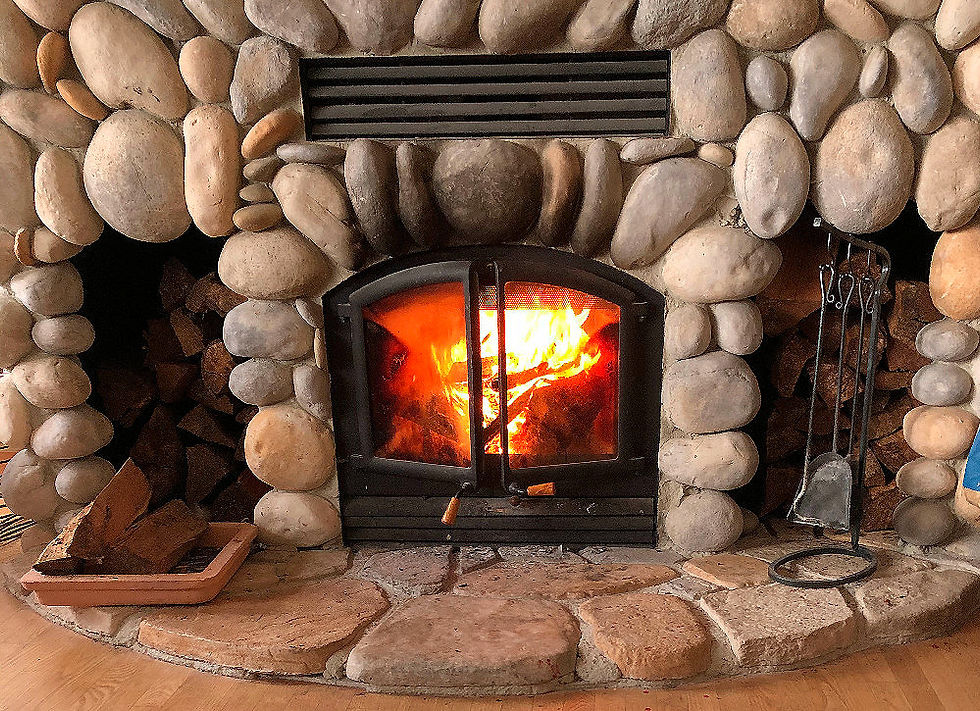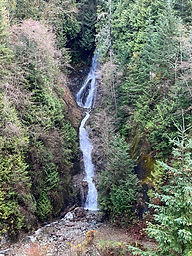No Fireplace Registration for Lions Bay
- kc dyer

- Aug 19, 2025
- 2 min read
Metro Vancouver launches public health initiative

Metro Vancouver has imposed a deadline of September 15 for city residents to register their fireplaces and wood stoves, according to a recent media release.
Lions Bay has, since 2022, fallen outside the Urban Containment Boundary (UCB), and residents here are exempt from registration.
Mike Hurley, Chair of the Metro Vancouver Board of Directors says the program is intended to address concerns around public health and air quality in Metro communities.
“Every winter, we hear from seniors affected by wood smoke and parents worried about their kids’ breathing," he said. "This process is about protecting the health of our community, while making sure residents get to continue to enjoy their fireplaces and wood stoves.”
The Board says that wood smoke from residential burning is the largest single source of fine particulate matter emissions in Metro Vancouver, constituting 25 per cent of overall emissions of microscopic, carcinogenic particles.
Cities in the region with the highest indoor wood smoke complaints include Vancouver, the District of North Vancouver, Delta, and Burnaby.
Registration is free and can be completed online HERE.
Metro Vancouver adopted its Residential Indoor Wood Burning Bylaw in 2020 to help reduce wood smoke in urban areas to help keep communities healthy. The bylaw prohibits wood burning from mid-May to mid-September annually. Beginning September 15, only registered devices will be permitted to burn wood in urban areas, except with permission under special circumstances.
After significant input and consultation with the community, Lions Bay Council modified the Village Regional Context Statement in 2022. The document aligns the objectives of Lions Bay's Official Community Plan with the Metro Vancouver Regional Growth Strategy. In this case, Council asked Metro Vancouver to designate Lions Bay as a rural municipality rather than urban, effectively moving the village outside the Urban Containment Boundary. The boundary ends at the northern border of West Vancouver, along the Sea to Sky.
Former councillor Marcus Reuter notes that change in the UCB was not just about the wood burning, but included "a host of other measures that could potentially be imposed upon Lions Bay which could represent an inappropriate 'urban' fit onto our rural community."
Metro still asks nearby rural areas, including Lions Bay, to commit to using best burning practices, as demonstrated in a Metro Vancouver-produced video, HERE.
The Watershed values your opinion.
Share your thoughts below, or email editor@lionsbaywatershed.ca
Like what you're reading?
For as little as $5/month, you can support local independent journalism








I'd like to chat with Marcus and hear about what other limitations/changes we avoided with your rural designation.
If BC Hydro power didn't fail frequently during winter storms, we would happily remove our wood-burning fireplace insert.